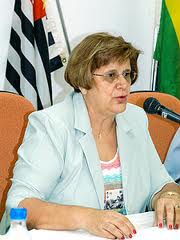NARRATIVAS E PERCEPÇÕES SOBRE A SUSTENTABILIDADE E O BEM VIVER DE AGRICULTORES FAMILIARES NO MATO GROSSO, AMAZÔNIA, BRASIL
Resumo
The concern for sustainability and good living is present in the discourse of territorial development policy. However, it is unknown what research has been done within a participatory perspective to evaluate the sustainability and good living of household farmers in rural settlements. Thus, the objective of this work is to evaluate the sustainability and good living of the São Pedro settlement in the northern Amazon region of Mato Grosso (MT), through a collective and participatory methodology. For this, we use workshop techniques such as brainstorming, web dynamic, radar chart, and the traffic light rating system. The evaluation technique was qualitative, using local subjects’ narratives and perceptions; and a quantitative one, using the traffic light rating system. For the local subjects, sustainability refers to a sequence, a continuum related to organization, training, and to the environment. The pillars that support the settlement’s sustainability range from production, through organization, formation, religiosity, to conservation. In this case, in terms of sustainability, nine categories were evaluated as strong and nine as average. The local subjects believe that their settlement is sustainable; moreover, they think that such process occurs over time, goes back and forth and is in (dynamic) motion.
Membros







